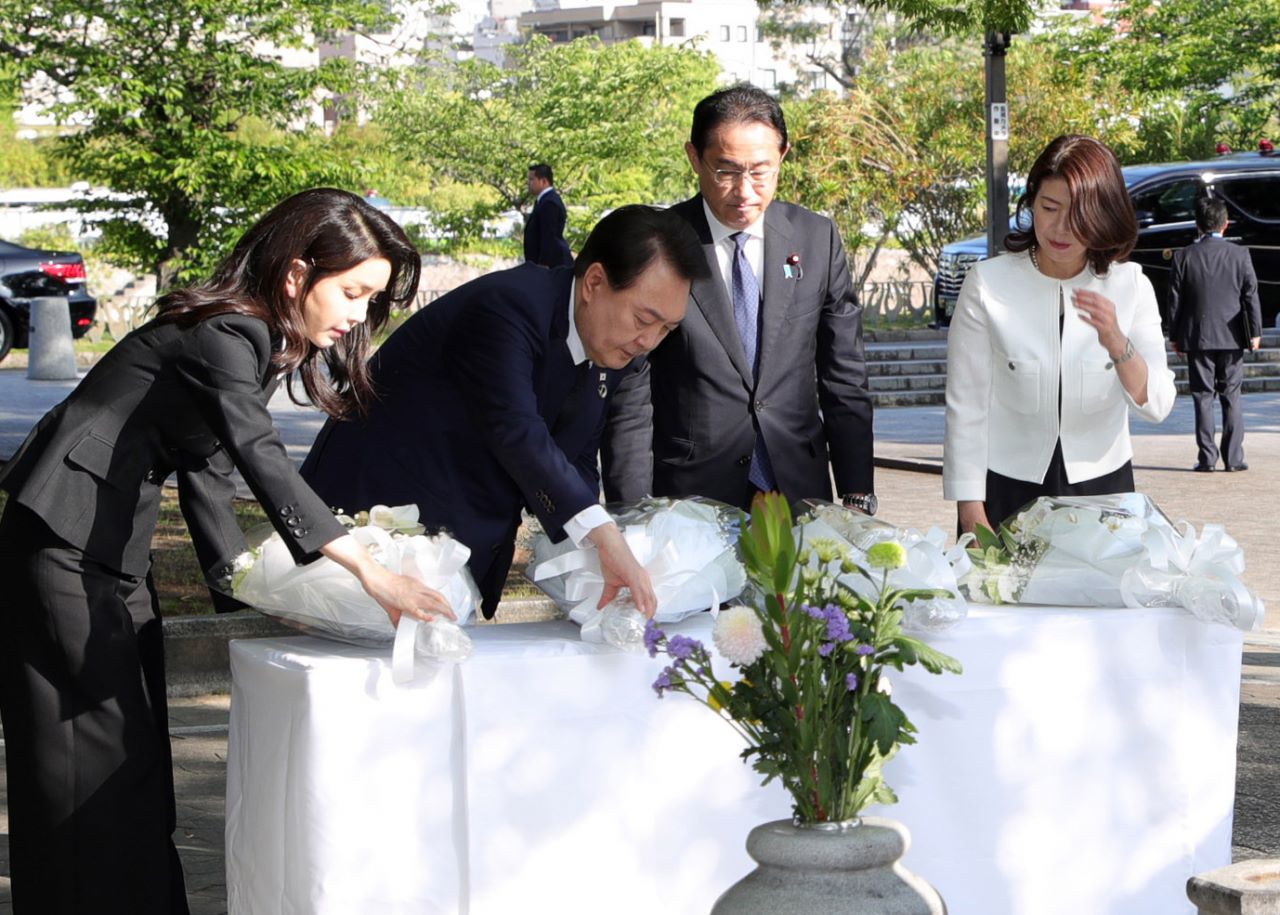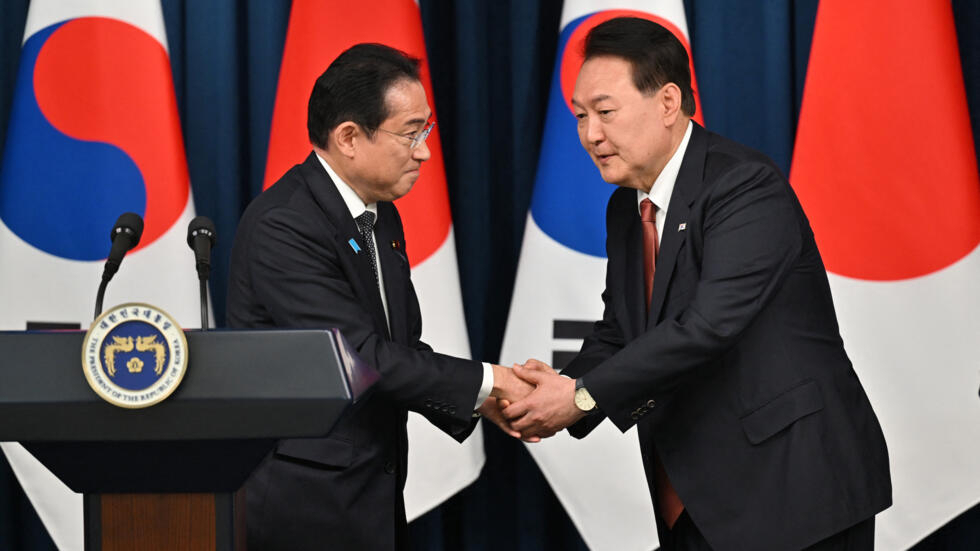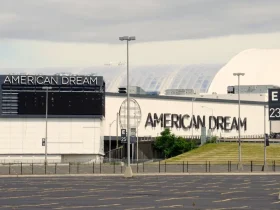Japan’s Prime Minister, Fumio Kishida, and South Korean President, Yoon Suk Yeol, have paid their respects at a memorial dedicated to the tens of thousands of Korean victims of the atomic bombings, marking a further step in improving relations between the two North-East Asian neighbors.
Accompanied by their wives, the leaders laid bouquets of white flowers and bowed their heads at the memorial in the city’s peace park on Sunday. This visit occurred on the sidelines of the G7 summit, where Yoon is participating in “outreach” sessions as one of several non-member leaders.
This joint visit, the first of its kind, is seen as a testament to the conservative leaders’ commitment to overcoming historical grievances rooted in Japan’s 1910-1945 colonial rule over the Korean peninsula.
Past administrations in Tokyo and Seoul have had disputes over Japan’s perceived lack of remorse for wartime actions, including the exploitation of Korean labor and the sexual enslavement of Korean girls and women forced into working in Japanese military brothels.
Additionally, the countries have conflicting claims over the Takeshima-Dokdo islands, which are currently administered by South Korea.
Japan maintains that all compensation issues were resolved when diplomatic relations were normalized in 1965, but lingering wartime issues have continued to strain relations nearly eight decades after the end of the Pacific War.
Ties have warmed under Yoon and Kishida, partly due to US pressure on both countries, which host tens of thousands of American troops, to collaborate on the nuclear threat posed by North Korea and other regional security concerns.

During his recent visit to South Korea, Kishida expressed deep regret for the “terrible suffering and grief” experienced by Koreans during Japanese colonial rule—a statement that Yoon said had “touched the heart of South Koreans.”
In March, Yoon became the first South Korean leader to visit Japan in over a decade, announcing the creation of a government-backed fund to aid victims of forced labor seeking compensation from Japanese companies. This move has faced criticism from survivors and their families.
At the start of their talks in Hiroshima on Sunday, Yoon commended Kishida for his “sincere determination” to enhance relations.
“This will be remembered as a courageous action by Prime Minister Kishida that paves the way for a peaceful future while expressing grief for the Korean victims of the atomic bombing,” Yoon said following their visit to the memorial.
He expressed hope that Seoul and Tokyo would continue to work together on bilateral and global issues “based on our deep relationship of trust.”
Kishida described the visit to the Korean A-bomb memorial as “extremely important for Japan-South Korea relations and for us to pray for world peace.”
It is estimated that around 40,000 ethnic Korean residents died when the US dropped an atomic bomb on Hiroshima—then a significant military base—on August 6, 1945, and three days later on Nagasaki, though no official figures are available.
On Sunday, Kishida was scheduled to accompany Yoon and other guest-nation leaders to the Hiroshima Peace Memorial Museum and cenotaph, following the G7 leaders’ wreath-laying ceremony in honor of the hundreds of thousands of victims of the atomic bombings 78 years ago.







Leave a Reply